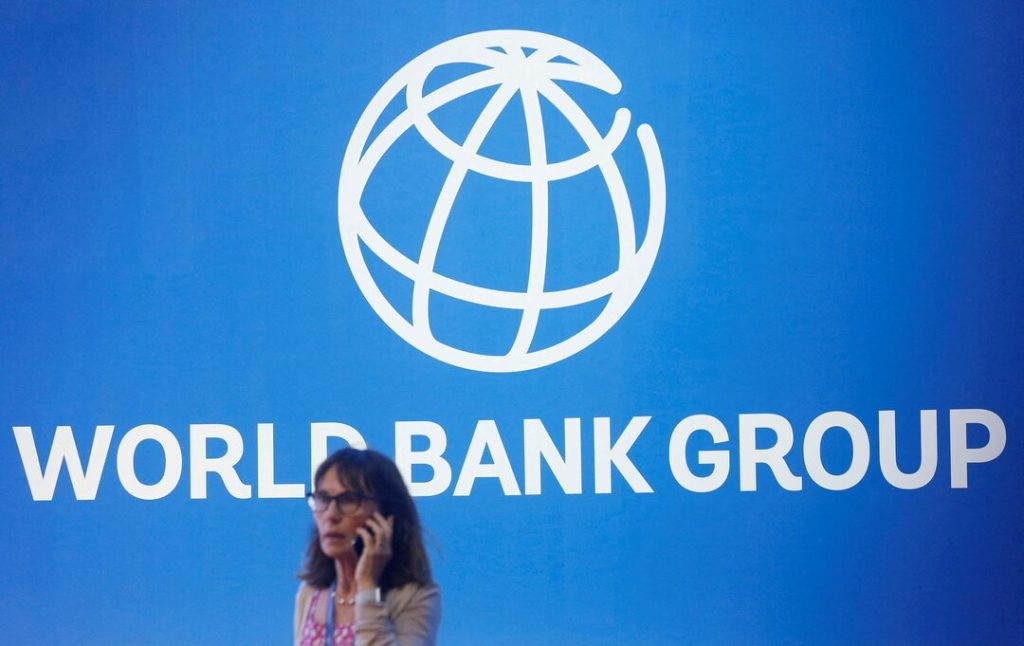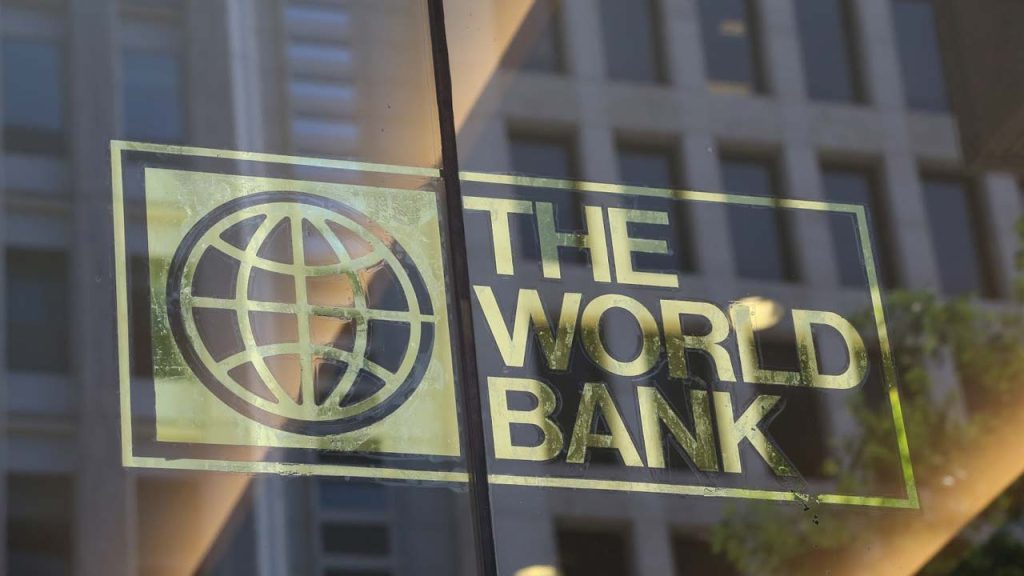The Central Bank of Nigeria (CBN) has unveiled two new account types targeted at Nigerians living abroad: the Non-Resident Nigerian Ordinary Account (NRNOA) and the Non-Resident Nigerian Investment Account (NRNIA). These accounts, launched through a circular dated January 10, 2025, are designed to simplify remittances, encourage diaspora investments, and enhance financial inclusion for Nigerians residing overseas.
Objectives of the New Accounts
According to the circular signed by the acting Director of Trade and Exchange, Dr. W. J. Kanya, the initiative aims to provide a secure and efficient platform for Nigerians in the diaspora to manage their finances and invest in Nigeria’s growing financial markets.
“The Central Bank of Nigeria is pleased to inform the general public of the introduction of the Non-Resident Nigerian Ordinary Account and Non-Resident Nigerian Investment Account targeted at Nigerians in diaspora,” the document stated.
Effective Date and Eligibility
The circular clarified that the accounts became operational on January 1, 2025. Eligible non-resident Nigerians (NRNs) can open either of these accounts upon meeting the Know Your Customer (KYC) requirements. Additional details about account eligibility and operational guidelines will be shared in the forthcoming FAQs, the document noted.
This initiative aligns with Memorandum 17 of the CBN Foreign Exchange Manual (2018), which governs foreign exchange policies in Nigeria.
Features of the Non-Resident Nigerian Ordinary Account (NRNOA)
The NRNOA is designed to facilitate remittances by providing non-resident Nigerians with a seamless way to remit foreign earnings into Nigeria. Key features include:
- Currency Options: Account holders can manage funds in either foreign currency or naira, allowing for greater flexibility.
- Deposit Sources: Funds can be deposited from various sources, such as salaries, allowances, and dividends.
- Expenditure Support: The account supports spending on essential needs, including family maintenance, education, and healthcare.
- Currency Conversion: Holders can convert funds between foreign currency and naira at prevailing exchange rates through authorized dealers.
By offering these features, the NRNOA seeks to create a simplified remittance process that supports family and personal obligations in Nigeria.
Features of the Non-Resident Nigerian Investment Account (NRNIA)
The NRNIA provides non-resident Nigerians with access to Nigeria’s financial markets, offering opportunities to invest in both foreign currency-denominated and local financial instruments. Key features include:
- Investment Opportunities: The account supports investments in:
- Foreign currency-denominated bonds.
- Fixed deposits.
- Local assets, including equities, government securities, and mortgage products.
- Diaspora Bonds: The NRNIA is particularly geared toward encouraging investments in Diaspora Bonds, which are structured to fund Nigeria’s development projects.
- Currency Flexibility: Similar to the NRNOA, account holders can maintain balances in foreign currency or naira and convert funds at prevailing exchange rates.
By focusing on investments, the NRNIA aims to actively engage the diaspora in Nigeria’s economic growth while providing attractive financial returns.
Impact on Nigeria’s Economy
The introduction of the NRNOA and NRNIA reflects the CBN’s commitment to harnessing the economic potential of Nigerians in the diaspora. With a large population of Nigerians living abroad, remittances and investments from this group can play a critical role in boosting foreign exchange inflows and fostering national development.
- Boosting Remittances: The NRNOA simplifies the process of sending money to Nigeria, encouraging more Nigerians abroad to remit funds regularly. This could significantly increase foreign exchange reserves and stabilize the naira.
- Promoting Investments: The NRNIA provides an avenue for diaspora Nigerians to invest in critical sectors of the Nigerian economy, such as infrastructure, healthcare, and education, contributing to sustainable development.
- Enhancing Financial Inclusion: By creating tailored financial products for non-resident Nigerians, the CBN ensures that this group has access to the financial tools needed to participate in the Nigerian economy, regardless of their location.
A Strategic Approach to Economic Growth
The launch of these accounts underscores the CBN’s broader strategy to address economic challenges through innovative solutions. With a growing diaspora community and an increasing reliance on remittances, these accounts are poised to strengthen the connection between Nigerians abroad and the country’s financial system.
Additionally, the initiative aligns with the federal government’s vision of leveraging the diaspora for national development, as outlined in various policy frameworks, including the National Diaspora Policy.
Conclusion
The introduction of the Non-Resident Nigerian Ordinary Account and Non-Resident Nigerian Investment Account is a significant step toward engaging the Nigerian diaspora in the country’s economic development. By simplifying remittances and creating opportunities for investment, the CBN is not only fostering financial inclusion but also bolstering the nation’s economic resilience.
As the accounts gain traction, their success will depend on effective implementation, public awareness, and robust collaboration between the CBN, financial institutions, and Nigerians abroad. Through these efforts, the CBN aims to unlock the full potential of the diaspora as a critical driver of Nigeria’s economic transformation.













